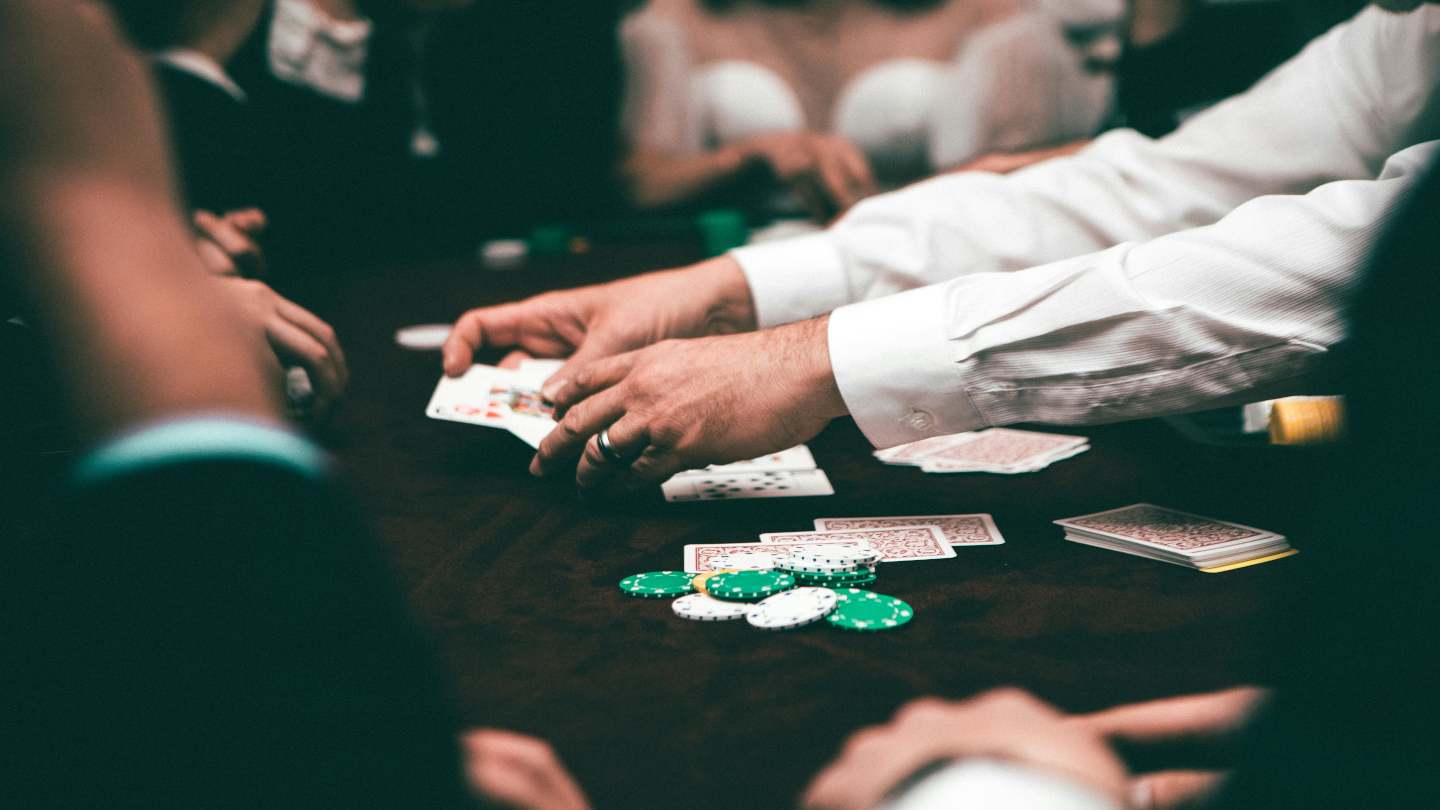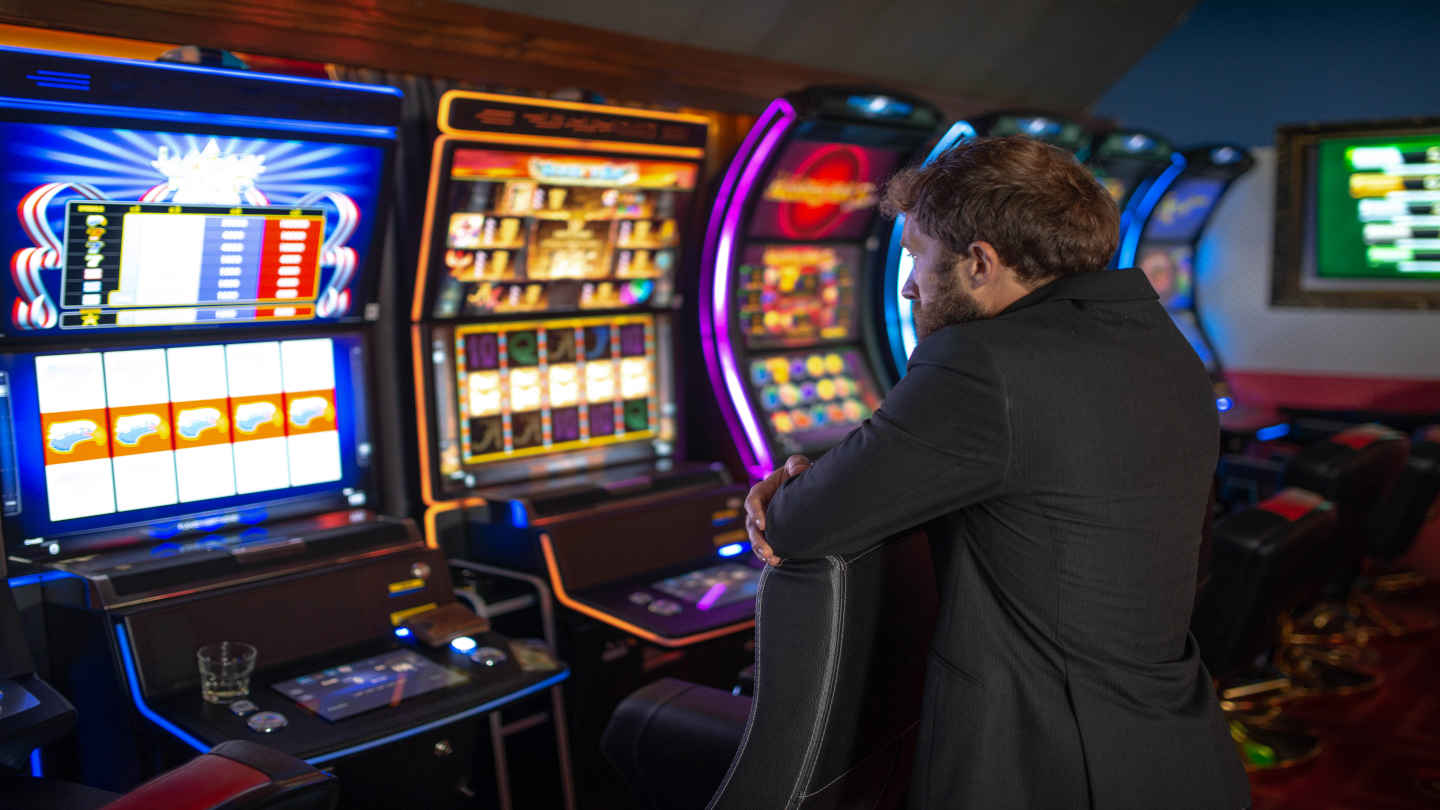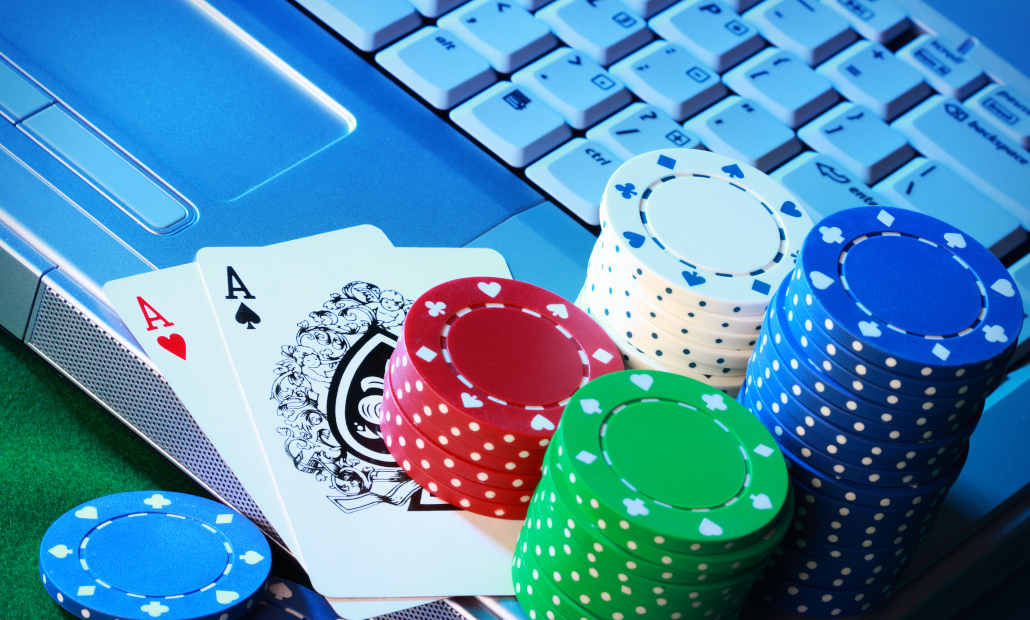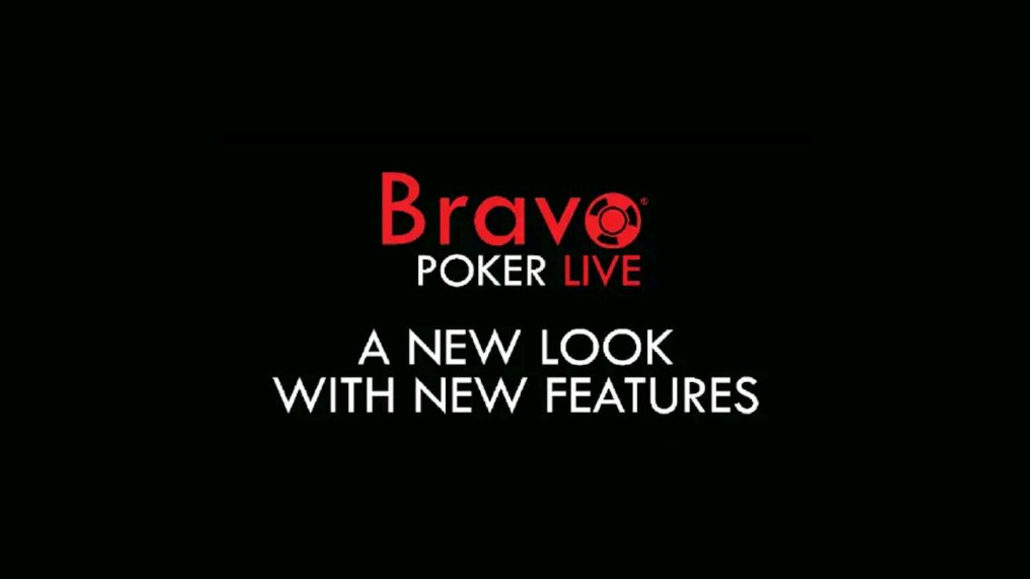The Psychology of Poker: Understanding Human Behavior & Patterns

4 minutes
Many people have the belief that luck is the primary driver of success on a casino floor. And, whilst some games involve more luck and chance than others, psychology and our own actions play a role in all casino games.
Whether you’re playing live online roulette or sit at a competitive poker table, our biggest competition is ourselves.
After all, we need to control the things we can control before all else, yet most of us struggle with that.
The Intricacy of Human Behavior in Poker
At its core, poker is a battle of the minds. Each player’s chances of winning, on paper, are perfectly equal, meaning what separates them is their decision-making and psychological make-up.
The most proficient players are those who understand this intricate dance between objective strategy and subjective behavior. Mostly, this revolves around observing your opponents as if you’re Freud.
Players look for ‘tells’ – those unconscious reactions or gestures that give away a player’s hand or intentions.
It could be as subtle as a twitch of the eye, a momentary hesitation before placing a bet, or an overly confident smirk. It could also be highlighted in the conversation around the table, or a break in their voice.
This understanding of human behavior allows the skilled player to gauge the strength of their opponents’ poker hands and predict their next moves, creating a dynamic interplay of strategy and psychology.
Of course, the opposite is true, meaning one has to be psychologically robust as to not give much away.
Bluffing: The Theatrical Element of Poker
Bluffing is a psychological strategy steeped in deception. It’s not actually as common in poker as people think, but it still plays a key role.
This art of duplicity isn’t about a mere poker-faced disguise; it’s about convincingly portraying a narrative that diverges from reality.
A successful bluff requires an astute understanding of the opponents’ psychology. If you know you can make them back down because you see weakness, it’s exploiting that regardless of your own hand.

A well-executed bluff can make a weak hand look menacingly strong, or a powerful hand appear deceptively feeble.
The master bluffer, therefore, is not just a good actor, but a keen manipulator who understands the nuances of influence.
Yet, bluffing without strong poker knowledge isn’t enough, because it will soon be detected and exploited.
Emotional Mastery and Discipline
Another crucial aspect of poker psychology is the ability to regulate emotions. Poker is an emotional whirlwind, where exhilarating highs can quickly plunge into despair.
A winning streak can breed overconfidence, while a losing run can lead to desperation.
A successful poker player is one who navigates these emotional currents with the disciplined calmness, maintaining focus and making rational decisions, even in the face of emotional turmoil.
The more emotional you are, the more you’re giving away.
Discipline in poker involves adhering to strategic principles, not being swayed by the impulsive urge to chase losses or recklessly capitalize on wins.
It’s about knowing when to hold ’em, fold ’em, or walk away, irrespective of the emotional climate of the game. Even still, many top poker players struggle to leave their ego at the door.
Cognitive Biases and Decision-Making
Poker is a game of decision-making under uncertainty, and our decisions are often influenced by cognitive biases.
For instance, the sunk cost fallacy often trips up poker players, compelling them to throw good money needlessly away because they’ve already invested heavily in a poor hand.
You can think of sunk cost fallacy as the idea of going to an event you don’t want to go to just because you have paid for a ticket. Or, to continue investing in a failing business because you’ve invested a lot in it thus far.
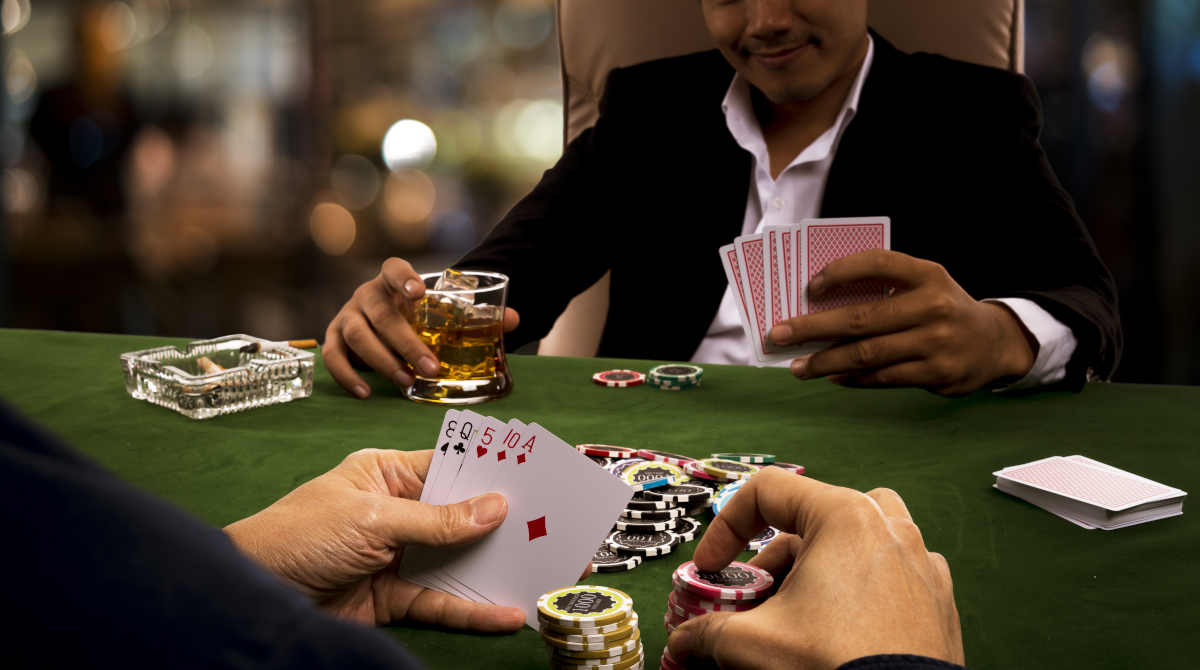
You can only give yourself a chance of avoiding these cognitive biases by firstly understanding them. Players can improve their decision-making process when they have the ability to step back and see more context.
This awareness transforms poker from a game of chance into a contest of cognitive resilience.
Though, no matter how hard we try, we are never perfectly removed from our own psychology (and subsequent biases), by its very nature.
Risk and Reward: The Perilous Balancing Act
Poker is a balancing act between risk and reward. Every bet, every check, every fold, is a decision about risk versus potential gain. In that sense, it is mathematical.
Mastering this balance requires not just an understanding of probability, but also a nuanced appreciation of psychology.
And, it’s that merging of objectivity (probabilities, payouts, expected returns), with subjectivity (how you perceive other’s to perceive your payouts and probabilities) that is an art form.
This is why the likes of VIPArabClub casino see a broad range of people playing – from accountants to sportsmen; chess grandmasters to YouTubers.
The successful poker player is being a multidisciplinary generalist. No matter how great the math is, it’s not enough on its own.
Final Word
Poker is a fascinating blend of psychological insight and strategic gameplay. It shines a bright light on any psychological weakness that we have, be it anger issues, susceptibility, or a lack of discipline.
It’s a game that extends far beyond the cards dealt on the table, delving into the realms of human behavior, artful deception, and emotional control.
- Poker Squeeze Play – Which Hands Make the Most Sense for Squeezing? - August 10, 2023
- How to Play Low Pocket Pairs in Texas Hold’em - July 29, 2023
- How to Make Deep Runs in MTTs More Often - July 22, 2023








